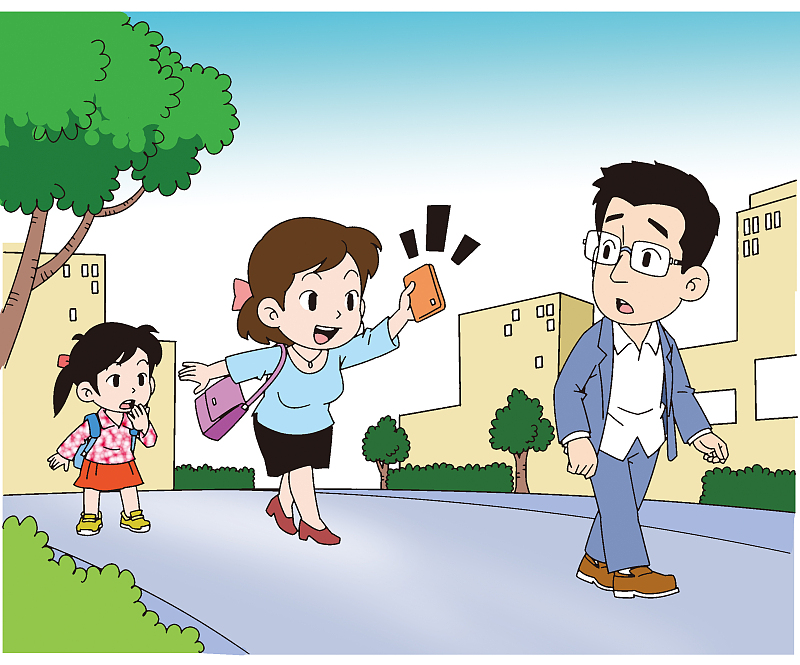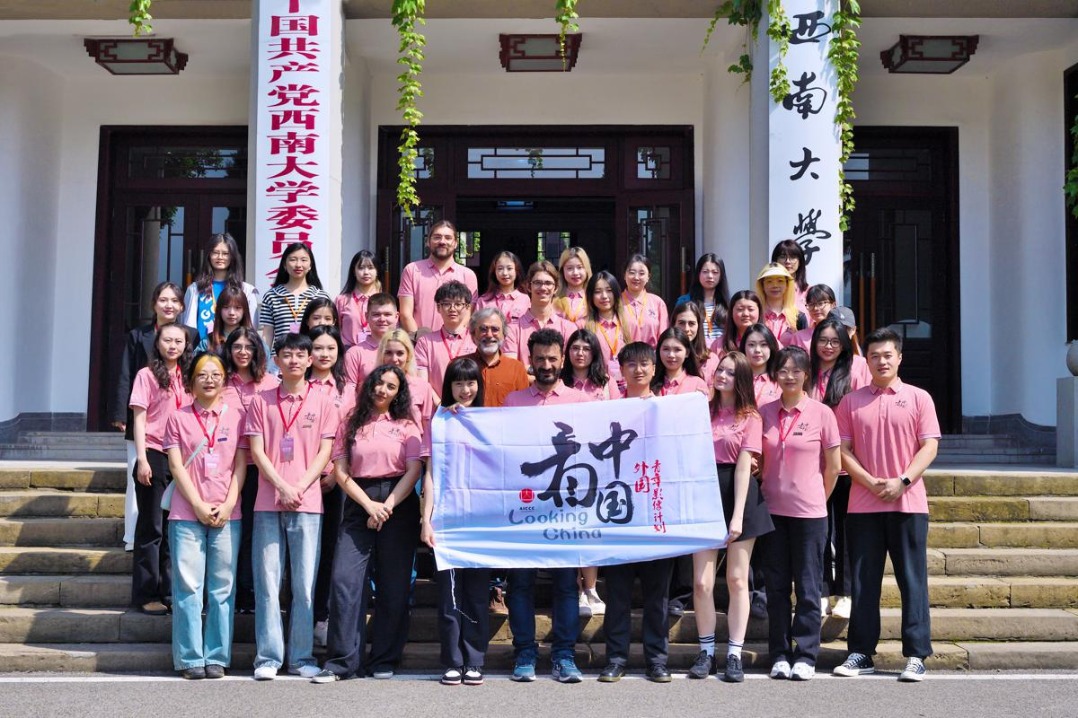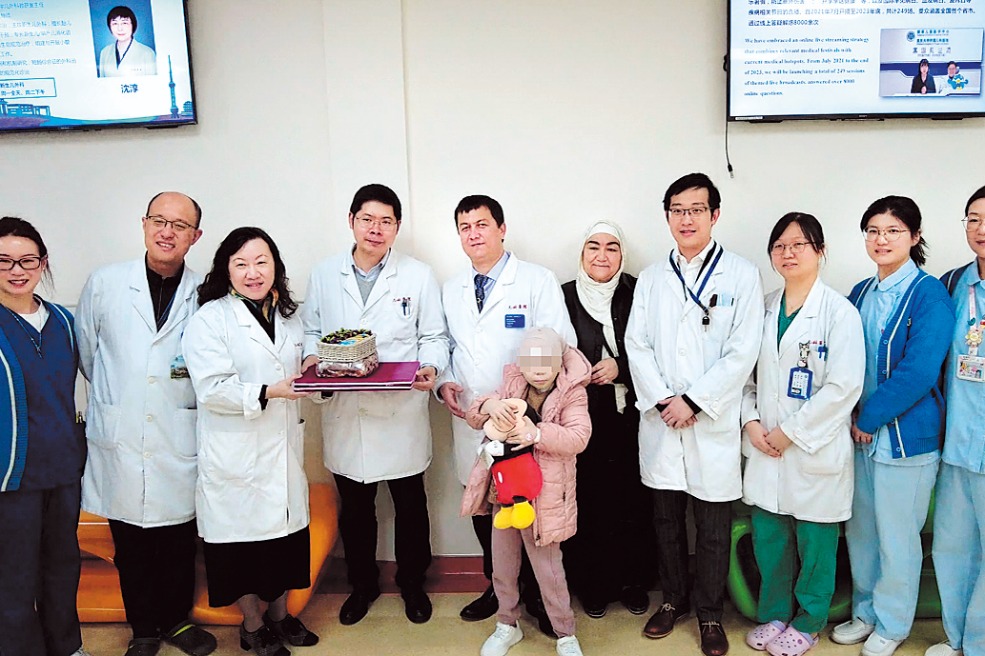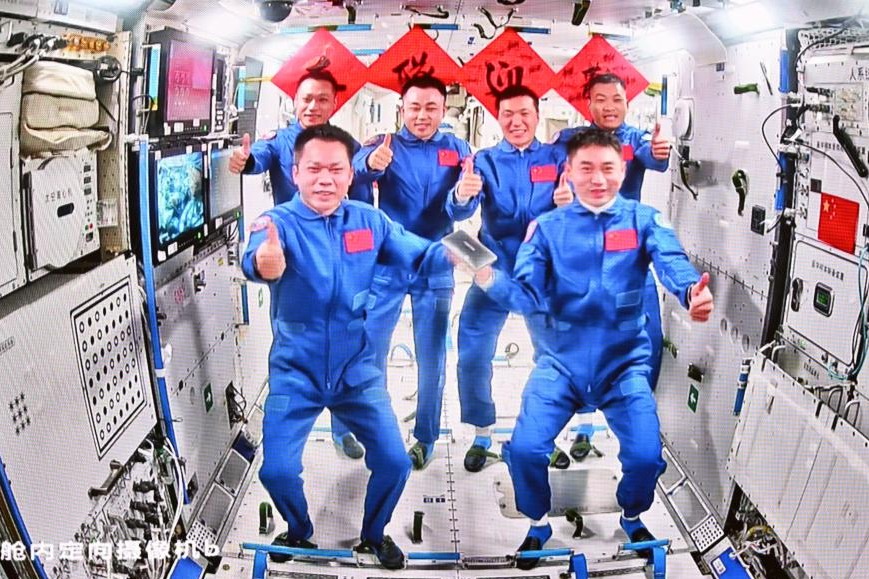Dropping a wallet under the scorching sun puts team fully to the test


Kong Shaonan, general manager of China Digital Medicine journal, who took part in the dropped wallet experiment as a fourth-year doctoral student at Shandong University.
In summer 2019, I attended the International Health Economics Association conference in Basel, Switzerland, and met with Qi Zhang, a professor from Old Dominion University in the United States.
He said his team was planning to replicate a "dropped wallet experiment" published in Science magazine.
Intrigued, I joined the Beijing team along with nine students, including Tian Han, Song Tianlun and Qi Miaojie, to take part in the experiment.
The first challenge was to select locations. Tian, from the preliminary team, spent five days collecting data from some 70 locations between the Dongdan and Xidan areas. When he handed us the thick volume of address data, he said half-jokingly, "I am now definitely a Beijing expert within the Second Ring Road — even better than a navigation system."
The second and biggest challenge was to overcome our nervousness, as we had never pretended to lose a wallet in a public place before. At the start of the experiment, the team's foreign member, Andrew, was selected to drop the wallet, but he was very nervous, and hesitated at the entrance to the location being used.
If we wandered around the entrance, this would attract the attention of staff members, which could affect the way that finders handled the wallet and "contaminate" the experimental data.
If such a situation occurred, the location would become invalid, and this could even lead to other locations being ruled out, potentially rendering the entire experiment in Beijing ineffective. As a result, we were very strict in conducting the experiment.
With constant encouragement from the team, Andrew finally composed himself to enter the location. He then calmly left after saying the three sentences required for the experiment: "I picked this up nearby. Can you take care of it? I have to go now."
When we met Andrew on the street corner, he showed us his sweaty hands — evidence that his composure was all an act.
Follow-up interviews were a crucial part of the experiment and a key element in discovering how finders handled the wallet. A week after the experiment ended, Qi and his team embarked on arduous follow-up visits.
During the final recap of the experiment, we heard that some team members who lost their voices after completing the first day of interviews had to rely on voice-activated devices every day afterward.
Our research builds on the work of Alain Cohn and his team from the University of Michigan by further enriching and expanding the original experiment.
The study we carried out emphasizes the role of individualistic or collectivist culture in people's behavior, demonstrating that they may have varying perceptions toward honesty according to their cultural background.
This helps deepen our understanding of the different levels of honesty among people worldwide and the influence of cultural differences on research results.
Most of my classmates graduated between the summer of 2019 and summer this year. However, the scenes of us running around the streets of Beijing conducting experiments under the scorching sun four years ago seem as though they happened only yesterday.
Kong Shaonan was talking with Yan Dongjie.
- China urges sound epidemic control work ahead of May Day holiday
- Hanjiang River in South China sees 3rd flood of 2024
- China's Shenzhou XVII astronauts complete handover, returning to Earth soon
- China works to reduce compulsory education dropout rates
- China to launch anti-bullying campaign in schools
- Shanghai escalator accident: Woman out of ICU




































